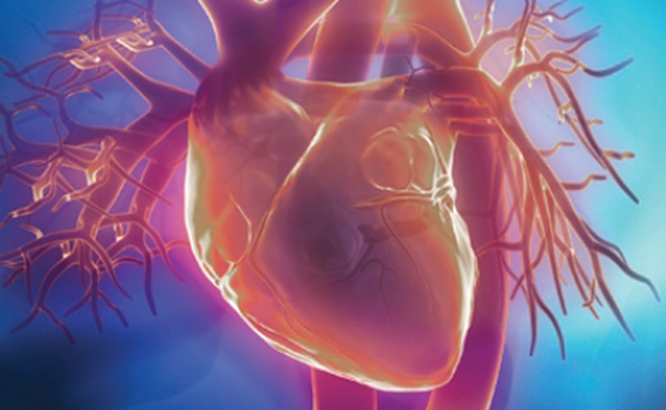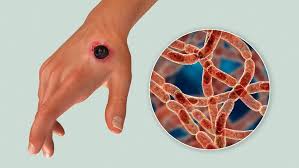Olive oil lowers risk of heart disease – Study

A healthy heart is key to cardiovascular health
Scientists in the United States (US) said adding olive oil to diet – even just once a week – lowers the risk of suffering clogged-up arteries, which can trigger heart attacks and strokes.
According to findings of the preliminary research presented at the American Heart Association’s Epidemiology and Prevention/Lifestyle and Cardiometabolic Health Scientific Sessions 2019 in Houston, Texas, olive oil seemed to protect blood platelets from dangerous ‘activation’ which can cause a build-up and blood clots.

The primary goal of the conference, which held from March 5 to 8, is to promote the development and application of translational and population science to prevent heart disease and stroke and foster cardiovascular health.
A blood clot is a clump of blood that has changed from a liquid to a gel-like or semisolid state. Clotting is a necessary process that can prevent one from losing too much blood in certain instances, such as when one is injured or cut. An immobile blood clot generally won’t harm one, but there’s a chance that it could move and become dangerous.
If a blood clot breaks free and travels through the veins to the heart and lungs, it can get stuck and prevent blood flow and may result in a medical emergency.
Reacting to the development, lead author, Dr. Sean Heffron at New York University School of Medicine said, people who are obese were at increased risk of having a heart attack, stroke or other cardiovascular event, even if they don’t have diabetes or other obesity-associated conditions. “Our study suggests that choosing to eat olive oil may have the potential to help modify that risk, potentially lowering an obese person’s threat of having a heart attack or stroke,’’ Heffron stated. Platelets are blood cell fragments that stick together and form clumps and clots when they are activated.
They contribute to the build-up of artery-clogging plaque, known as atherosclerosis, the condition which underlies most heart attacks and strokes. The observational study involved 63 obese, non-smoking, non-diabetic individuals with an average age of 32.2 and where morbidly obese with an average body mass index (BMI) of 44.1.
The research team found those who ate olive oil at least once a week had lower platelet activation than participants whose ate it less often, and that the lowest levels of platelet aggregation were observed among those who ate olive oil more frequently.
On the contrary, they did not see any of these beneficial effects from red meat, eggs, butter, or margarine. On his part, the co-author, Ruina Zhang, a medical student, added: “To our knowledge, this is the first study to assess the effects of dietary composition, olive oil specifically, on platelet function in obese patients.’’
The researchers admitted the findings relied on participants completing food survey questionnaires on how often they ate olive oil, but not how much olive oil they ate. According to them, the study could not prove that eating olive oil will reduce platelet activation in obese adults.
“These investigators showed that those who consumed olive oil more frequently had better outcomes related to their platelets.” They noted that platelets that are involved in clotting and, of course, clotting factors are similarly relevant when it comes to cardiovascular disease.









